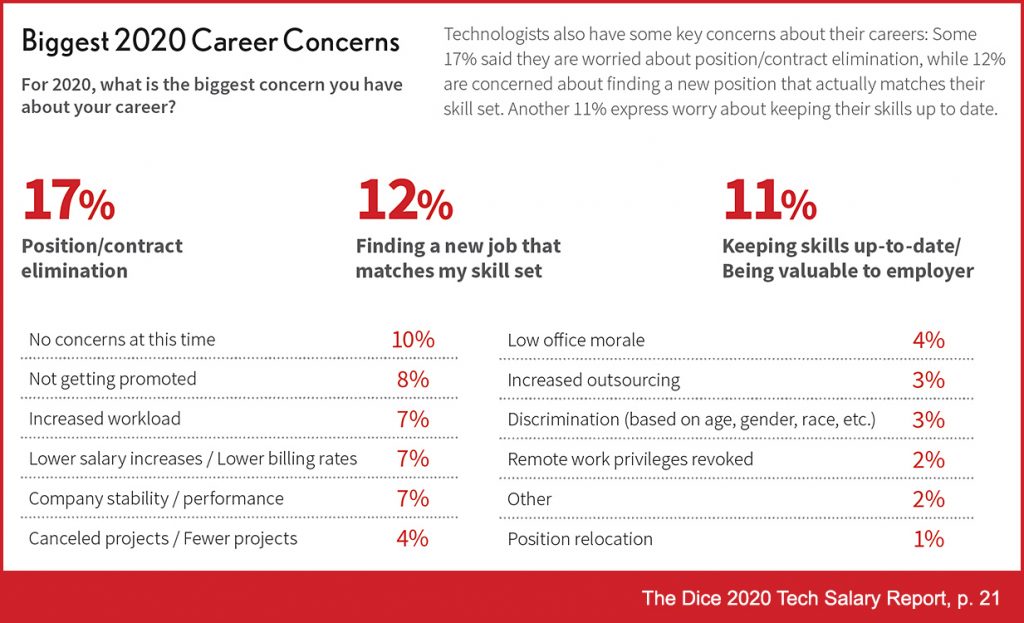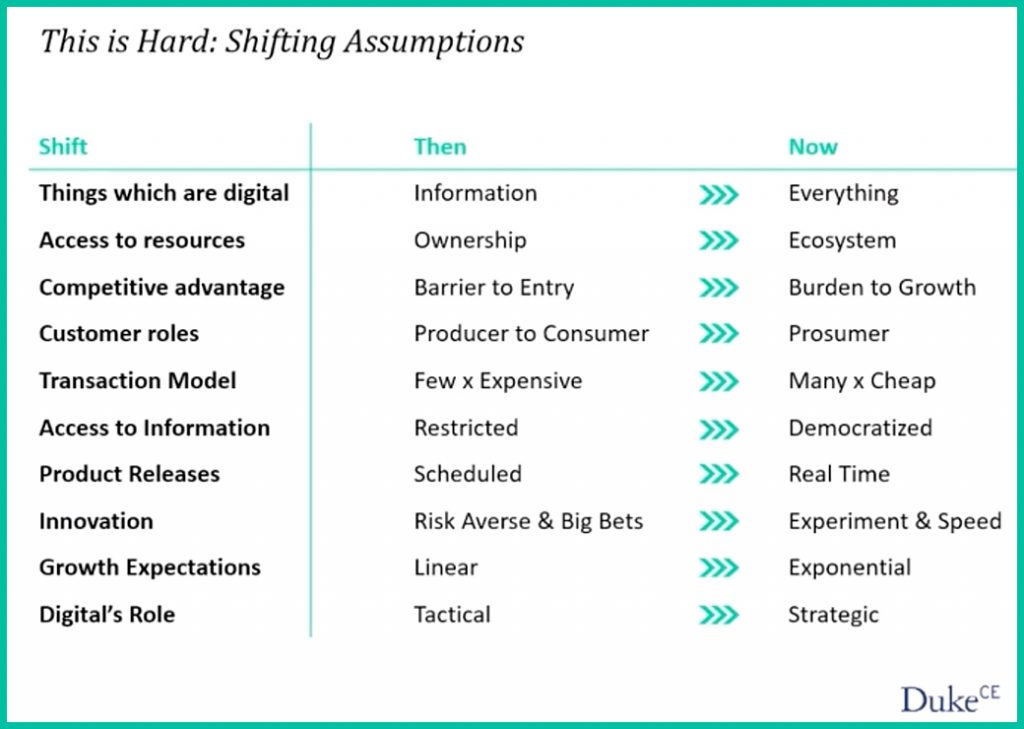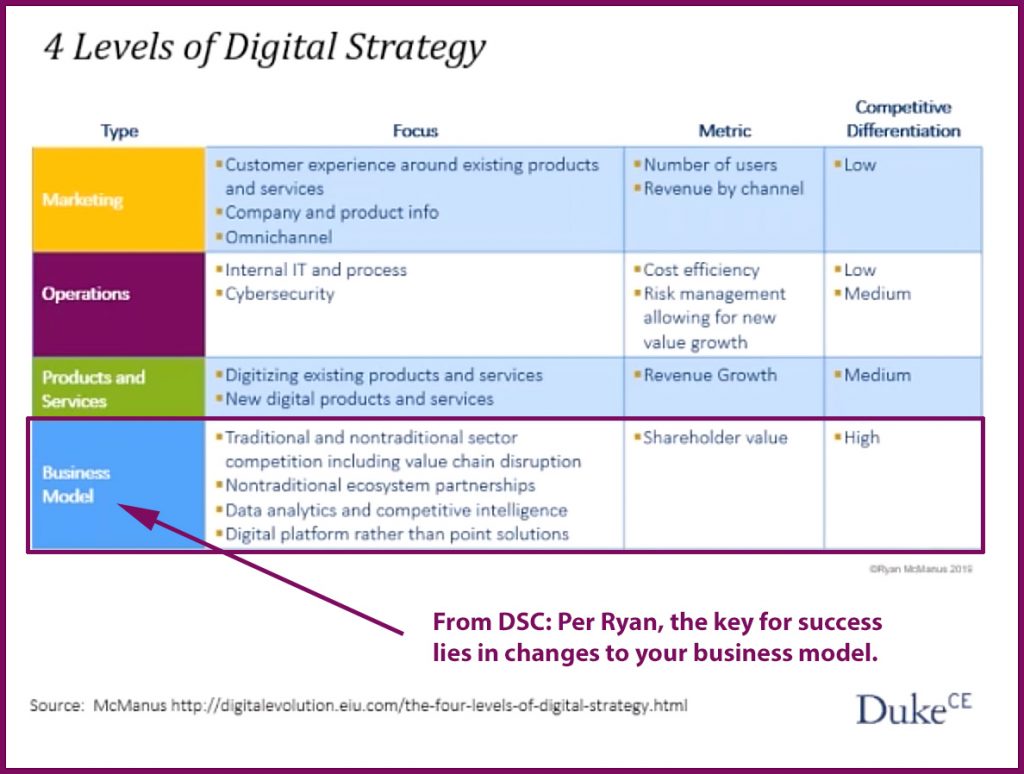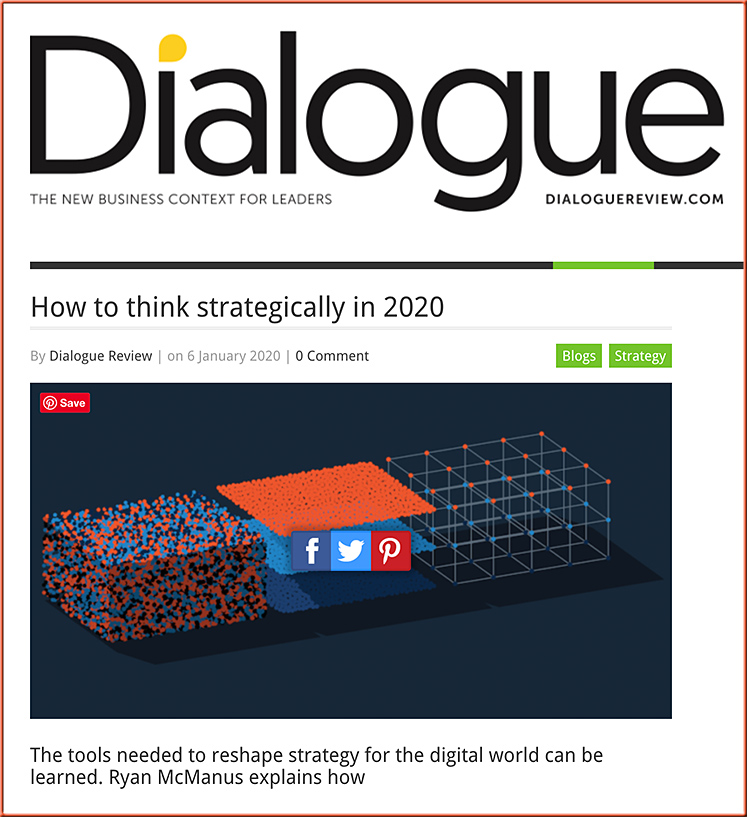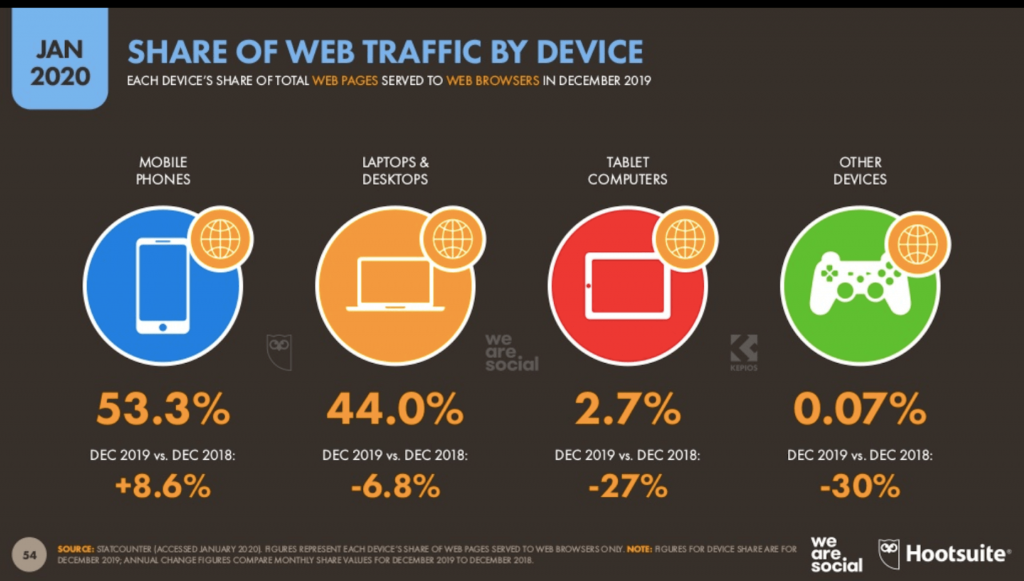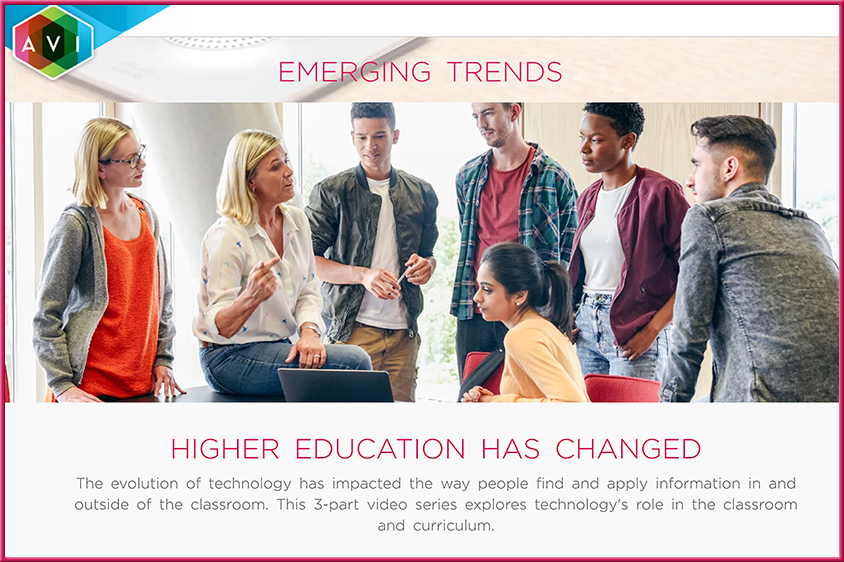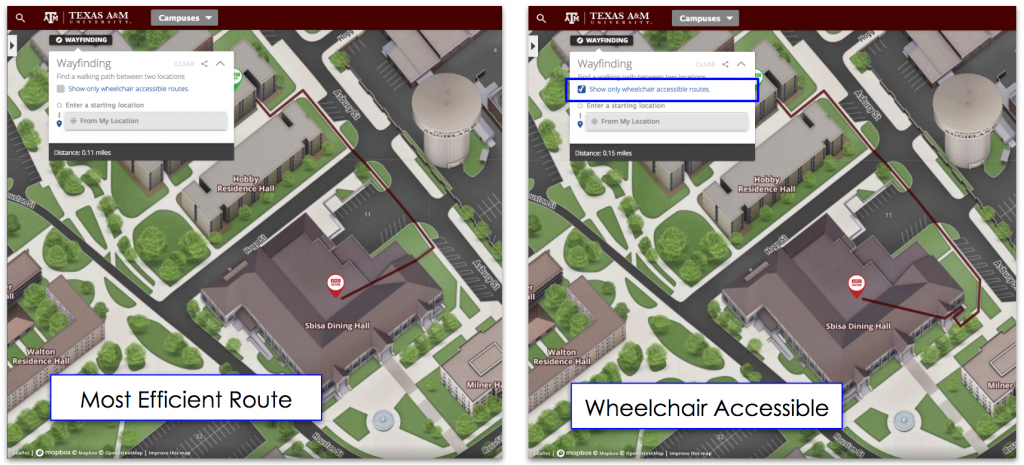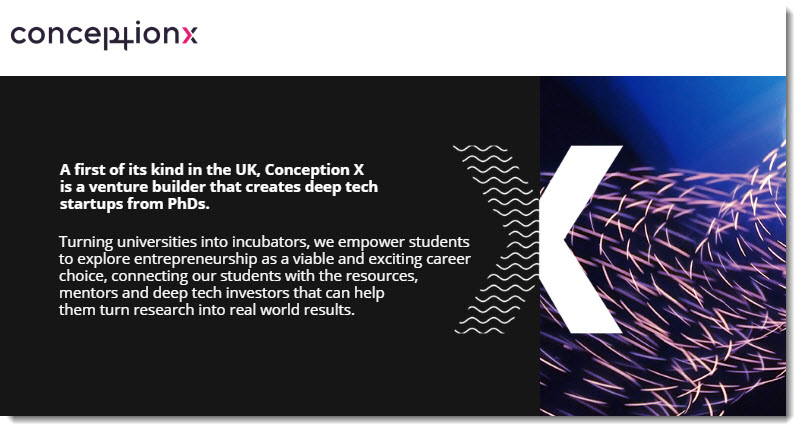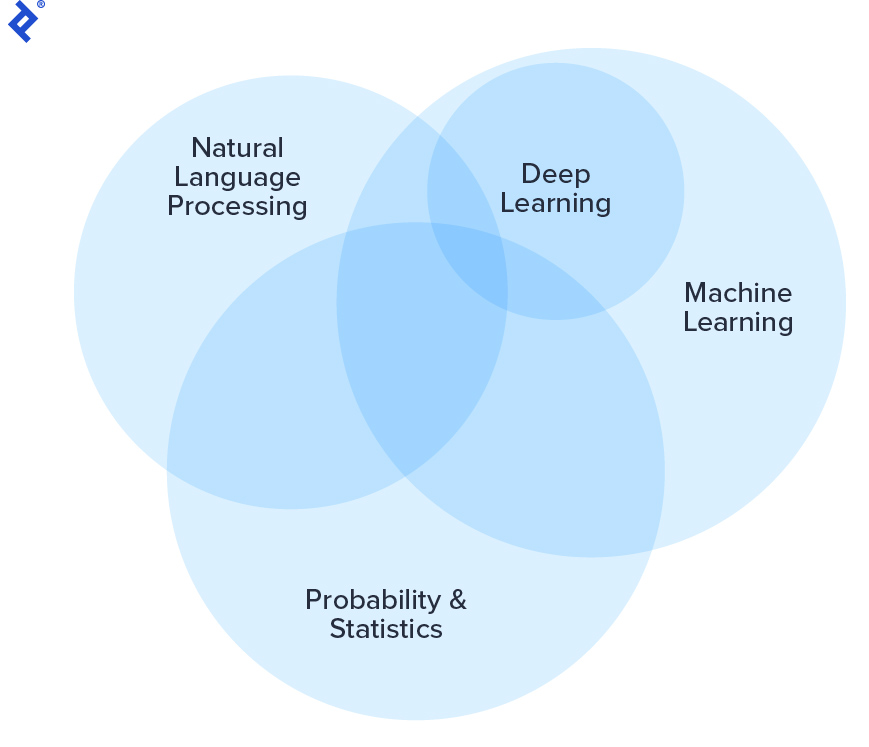The 5 top tech skills companies want in new hires right now — from fortune.com by Anne Fisher; with thanks to Ryan Craig for his relaying this resource
Excerpts (emphasis DSC):
Tim Tully agrees. Chief technology officer at data giant Splunk—whose clients number 92 of the Fortune 100—Tully says that the most important trait IT job candidates need now is “a strong desire to learn.” It might be too broad of a requirement, but consider Tully’s own list of the five most essential tech skills now:
1. Real-time data management
2. Design thinking
3. App development
4. A.I. and machine learning
5. A composite of the first four skills
From DSC:
I’m especially posting this for students who are considering a tech-related career. If that’s you, Tim’s words ring true — you must have a strong desire to learn. And I would add, to keep learning and to keep learning and to keep learning…
If you are in IT, it’s wise to check in regularly on career progress – because staying still for too long could quickly lead to falling behind. (source)
Also, given the pace of change and today’s current marketplace, you need to be ready to be let go and take a right turn (i.e., be flexible and adaptable). You need to have a healthy learning ecosystem built up and maintained — one that will support you over the long haul. Heutagogy comes into play here. And at least for me, prayer helps greatly here too — as one can easily put one’s eggs into the wrong basket(s) when we’re talking about tech-related jobs.
And for you applying for jobs, don’t get discouraged by those organizations/people who are looking for those “purple unicorns” that Ryan Craig talks about in his Gap Letter Volume II, #4 (i.e., the perfect candidate who meets a ridiculously long list of requirements for the job).
Also see:
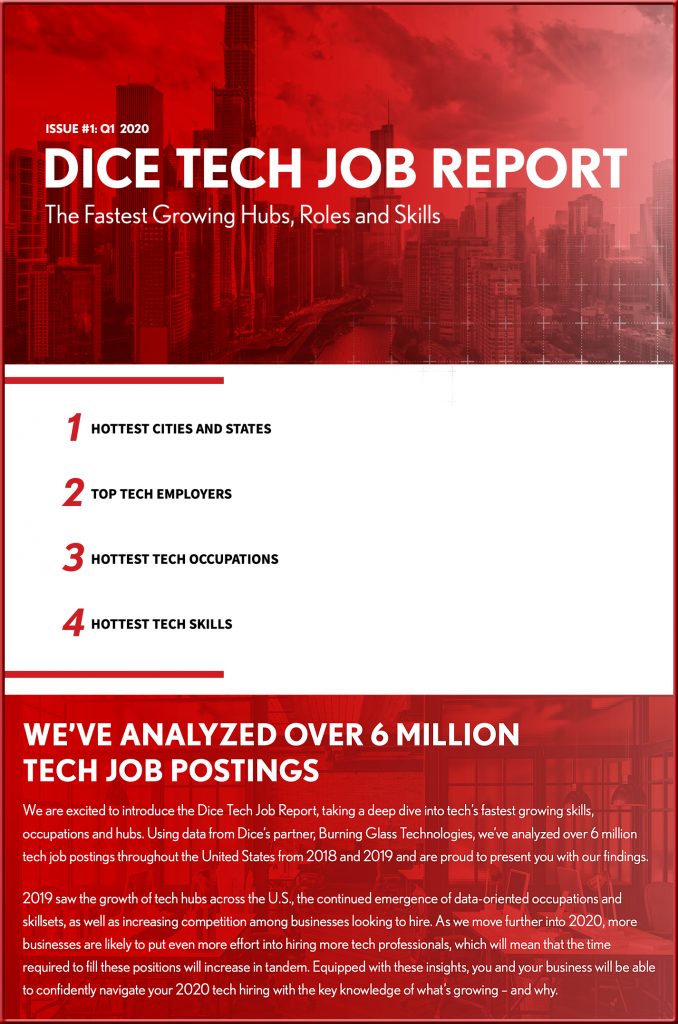
Below is a relevant excerpt from that report:
